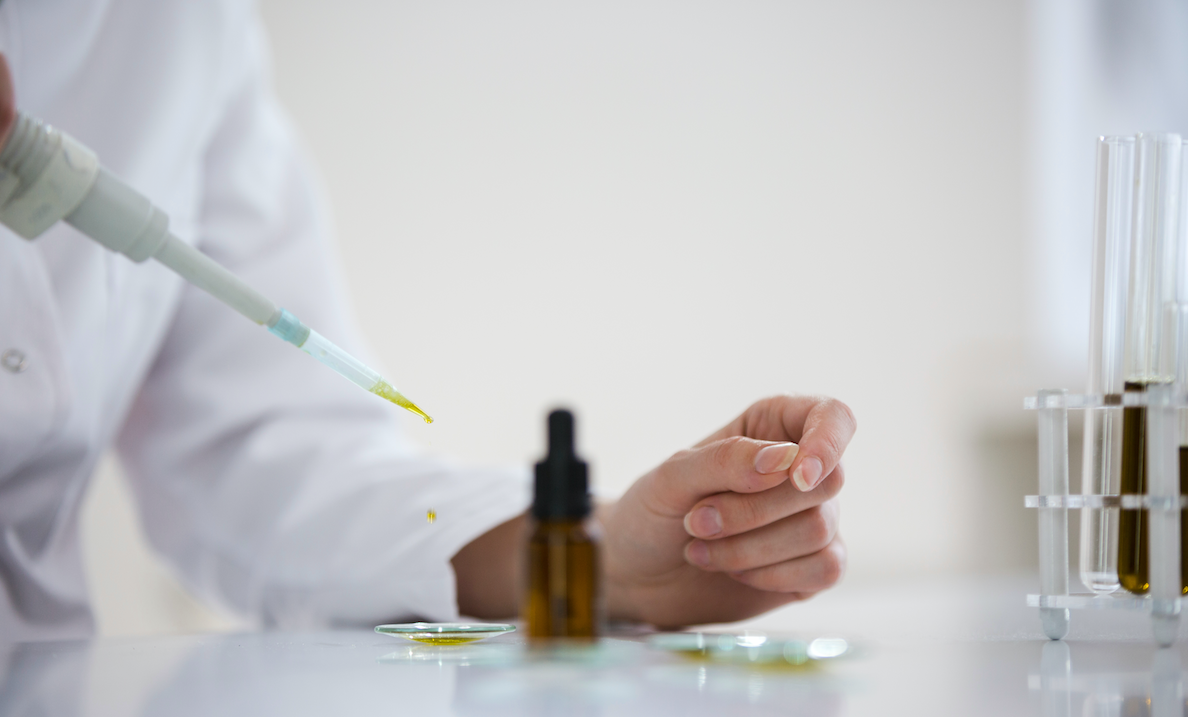Testing discrepancies, a lack of federal oversight and shady operations have caused unregulated industrial hemp products sold in parts of the United States to become seemingly untrustworthy and possibly dangerous. A number of reports have surfaced over the past few years suggesting that some goods derived from industrial hemp aren’t always what they seem. Worse than that, they are often manufactured with dangerous toxins that pose a health risk to the consumer. If only there was a set of rules in place to hold this segment of the burgeoning cannabis industry accountable for its actions; a strict code that kept every business growing and selling industrial hemp on a level playing field. Well, the good news is there is, at least in states, like Colorado, that understand the importance of selling only those hemp products that have been properly tested.
The Colorado Department of Public Health and Environment (CDPHE) recently announced a new set of testing rules forcing hemp companies to run a tighter ship with respect to how their products are made. And yes, just in case you were wondering, there will be a test. The new regulations require hemp products to undergo comprehensive testing for residual solvents, heavy metals, pesticides, mycotoxins, microbial contamination, and potency. There are dozens of case reports where people have fallen ill as a result of consuming cannabis products tainted with lead, heavy metals, molds, and other microbes. The state wants to ensure that, the same as the cannabis sold in its recreational and medical marijuana markets, everything hemp-related is free of those threats prior to distribution.
Testing is a crucial, yet often overlooked part of bringing hemp products to the consumer. Even though hemp is legal nationwide, the responsibility of regulating those products falls to states, creating a patchwork of different testing requirements across the country. The FDA has refused to step in and hold hemp products to a unified standard, like any other commodity from cosmetics to nutritional supplements. This lack of regard for legal wares puts profits over people. In addition, many state governments issue little to no guidance about protocols for testing products for either potency or safety. This is why Colorado’s recent testing rules regarding industrial hemp products are so important. It’s creating a regulatory model that begs national attention.
Although most hemp companies are doing their best to manufacture top-quality products, free of dangerous toxins, some hemp products are tainted and less than pure. Sadly, some less than scrupulous labs have been known to fudge testing results to keep the client happy. This results in inaccurate Certificates of Analyses (COAs). The new standard put into place by Colorado regulators, however, would eliminate these shoddy practices by requiring labs retain a state certification before they are granted permission to test hemp products. It holds all parties accountable.
If a hemp company wants to sell in Colorado, it must go through a certified lab and pass all of its tests with flying colors. Otherwise, it will not make the cut. The labs are subject to high scrutiny, ensuring the integrity of the marketplace is maintained. So, the testing process comes with strict criteria, with very low limits of quantification. The rules are the most stringent in the nation.
Only the honest can survive.
A Hemp Testing Laboratory (HTL) must complete an audit with the CDPHE before it is awarded a certification to test the state’s hemp products. To do this, a lab must meet standards of performance and hold accreditation of ISO 17025 standards. The CDPHE will examine a lab’s personnel qualifications, standard operating procedure manuals, analytical processes, proficiency testing, quality control, quality assurance, security, sample tracking, specimen retention, laboratory space, records, and results reporting” before determining eligibility.
This process alone will weed out the fly-by-nights risking public health and safety for a buck. It also forces labs to get serious about their role. Most Colorado labs do not have access to the GC-MS/MS technology that is required for them to remain in compliance with the new hemp testing standards. Although the new rules were supposed to take effect in October, the launch date was pushed back until early 2022. State regulators feel this gives labs the opportunity to acquire the proper equipment (if not already in use), train staff and develop operating procedures.
Kaycha Labs is one of the few labs to be awarded this prestigious certification. “Through the state’s high standards and oversight, we believe Colorado consumers benefit,” said Kaycha’s Denver-based Chief Science Officer Stephen Goldman. “In the end, it’s all about safety and we have and will continue to be committed to performing comprehensive and accurate cannabis and hemp testing services.”
Although similar regulations have been implemented in states like Arizona and California, many others have not yet taken this step. Yet, it is one of necessity, at least until federal health agencies take a position on industrial hemp and help the union guide the safety of these products in a manner just like any other. This oversight is needed to keep a relatively new industry in line.
Since industrial hemp is legal at the federal level, it is easier for cannabis companies dealing in products ranging from CBD to Delta-8 to operate than it is for them to be licensed in the fully legal cannabis sector at the state level. This means, ultimately, there are more novices in this field. These operations simply won’t go the extra mile to protect public health and safety if they are not legally permitted to do so. With lackluster standards inevitably come products riddled with contaminants. These contaminants can cause a variety of short-term adverse reactions as well as many chronic conditions, like cancer, birth defects, neurological issues, and disruptions to the endocrine system.
Colorado’s strict hemp testing guidelines is something more states need to adopt. At a time when cannabis regulations have become so convoluted and the complexities never seem to get any easier to digest, Kaycha believes it is paramount, above all else, to ensure the hemp products being sold and ultimately consumed by the people are tested to guarantee the safest experience possible. It’s not enough to have labs saturating the market if none of these facilities are being forced to adhere to a uniformed plan to keep impurities out of the retail market and act as a cosignatory for potency printed on the labels. It’s as simple as that. Failing to do so makes the market more volatile, the industry less valuable and ultimately a mockery of legitimate commerce.













